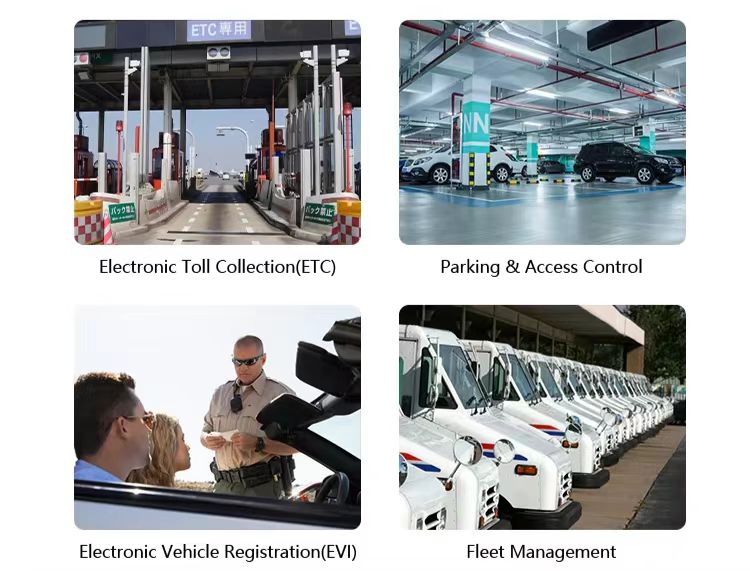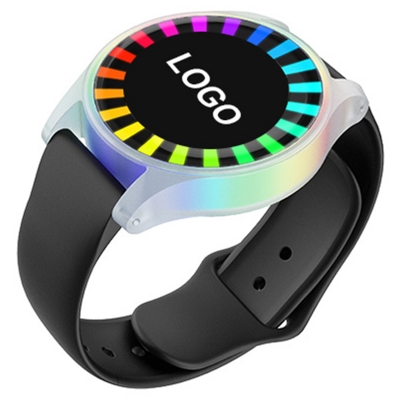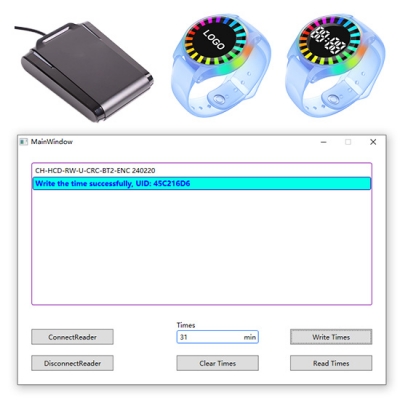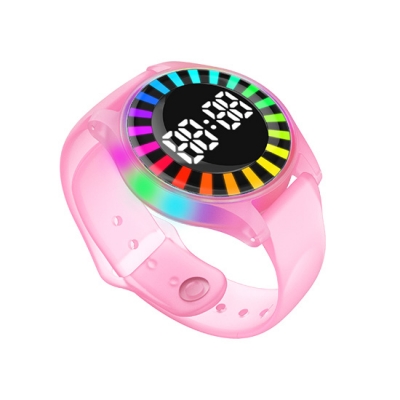In the rapidly evolving automotive industry, radio frequency identification (RFID) technology has become a game-changer, enhancing vehicle safety and efficiency. RFID windshield tags, in particular, provide a seamless and secure way to identify, track, and manage vehicle access. This article explores the transformative potential of RFID windshield tags, their technical advantages, and practical applications.
What are RFID windshield tags?
RFID windshield tags are small, self-adhesive labels embedded with an RFID chip that can be affixed to a vehicle's windshield. These tags use radio waves to transmit data to an RFID reader, enabling seamless identification and tracking. Unlike traditional barcodes, RFID tags do not require line-of-sight scanning, making them more efficient and reliable.
The "RFID Car Windshield Sticker" is a prime example of this technology. Its advanced passive RFID chip is encapsulated between a thin layer of polypropylene, ensuring durability and resistance to harsh environmental conditions. The sticker also features human-readable printed text for quick identification and uses a windshield-compatible adhesive for a secure, non-damaging adherence.
How RFID Windshield Tags Improve Vehicle Safety
Improved Access Control
RFID windshield tags provide a secure and accurate method for managing access to restricted areas. For example, "RFID Waterproof Car Windshield tags" are designed for gated communities, corporate parking lots, and car washes. Their ultra-high frequency (UHF) technology enables long-range scanning, ensuring smooth and efficient access control.


Real-Time Tracking and Monitoring
RFID tags enable real-time vehicle tracking, which is crucial for fleet management and logistics. According to a study published in the International Journal of Advanced Research in Computer Science, RFID technology can reduce vehicle theft by up to 30% through continuous monitoring and immediate alerts of unauthorized access.
Enhanced Emergency Response
In emergencies, RFID tags can provide critical vehicle information, such as vehicle registration and owner information. This can significantly shorten emergency response times and potentially save lives.
Improving Operational Efficiency with RFID Windshield Tags
Streamlining Toll Collection
RFID windshield tags are widely used in electronic toll collection systems. For example, according to the Federal Highway Administration, the US E-ZPass system has reduced traffic congestion at toll booths by 90%.
Optimizing Fleet Management
For logistics companies, RFID tags provide real-time data on vehicle location, speed, and maintenance needs. This helps optimize routes, reduce fuel consumption, and improve overall operational efficiency. A DHL case study found that implementing RFID technology reduced fleet downtime by 20%.
Streamlining Parking Management
RFID tags can automate parking management systems, reducing manual intervention.
Technical Advantages of RFID Windshield Tags
Durability and Reliability
RFID car windshield stickers are designed to withstand extreme weather conditions, ensuring long-term performance.
Wide Read Range
UHF RFID tags have a read range of up to 10 meters, making them ideal for high-speed applications such as toll collection and access control.
Cost-Effective
RFID tags are a cost-effective vehicle management solution that reduces manual labor and minimizes errors.

Practical Applications of RFID Windshield Tags
Smart Cities
In smart cities, RFID windshield tags are used to manage traffic flow, reduce emissions, and enhance public safety. For example, Singapore's Electronic Road Pricing (ERP) system relies on RFID technology to regulate traffic congestion.
Logistics and Supply Chain
RFID tags are widely used in logistics to track vehicles and goods, ensure timely delivery, and reduce losses. A Walmart case study showed that RFID technology increased inventory accuracy by 95%.
Public Transportation
RFID tags are increasingly being used in public transportation systems to streamline ticketing and improve passenger safety. For example, the London Underground uses RFID-based Oyster cards to efficiently manage fare collection.
RFID Future Trends in Windshield Tag Technology
Integration with the Internet of Things (IoT)
The integration of RFID tags with the Internet of Things (IoT) will enable more advanced vehicle management solutions, such as predictive maintenance and autonomous driving.
Enhanced Security Features
Future RFID tags will incorporate advanced encryption and authentication protocols to prevent hacking and data breaches.
Sustainability
With sustainability becoming a priority, RFID tags will be designed using environmentally friendly materials and manufacturing processes.
Conclusion
RFID windshield tags are revolutionizing the automotive industry by enhancing vehicle safety, improving operational efficiency, and enabling innovative applications. By adopting RFID technology, businesses and governments can not only improve operations but also contribute to a safer, more efficient, and more sustainable world.














